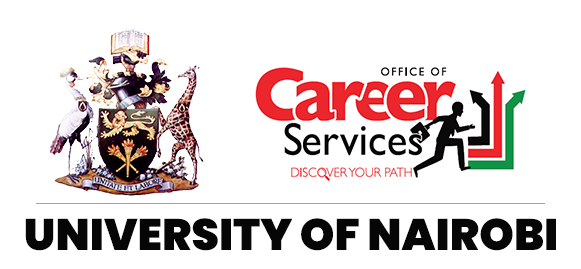Prof. Annie Patricia Kameri-Mbote captured the audience throughout the presentation of her thesis in Taifa Hall on Wednesday July 17, 2019 as she underlined and highlighted areas where formal law has failed or has been powerless.
“It was in my study at Warwick where my disquiet with the way I had learnt law was fanned. From the outset, the Master of Laws in Law and Development challenged my boxed view of law. I constantly heard my teachers say that law does not operate in a vacuum but within its social, political and economic context. If law was contextual, then one could not merely look at the text that encapsulated a law. To merely state that ‘the law provides …’ would fail to unmask the story behind the law leaving it as dry bones on a skeleton with no life, “She noted.
She further added, “After Warwick, my dalliance with law took me to the University of Zimbabwe to study Women’s Law. This was to prepare me to teach a new course – Women in the Legal Process – at the University of Nairobi. This course further stoked the embers of disquiet with the law. I was intrigued by feminists critiques of law as male and analyses of the instrumental role of law in ordering societies. The gendered constructions of masculinity/powerful and femininity/powerlessness drew my attention. Broader discussions on male and female roles in the productive and reproductive processes of society yielded further questions.”
“In this thesis, I explore the normative contest through areas of law to which I have devoted considerable time: land relations; gender relations, environmental protection and law, science and technology.”
Prof. Kameri-Mbote concluded by a call to action, “This calls for a shift from legality and legitimacy to integrity where norms that satisfy the legality and legitimacy tests are also tested against integrity (wholeness) that promotes the good of all the members of the society. In an age where the boundaries between good/bad and right/wrong have become blurry, this may sound like an impossible mission. The quest must, in my view, start somewhere.”
The Acting Vice Chancellor, Prof. Isaac Mbeche while reading Prof. Kameri-Mbote’s profile remarked how the University is priviledged to be associated with scholars of Prof. Kameri-Mbote’s cadre, “In 1984, Patricia embarked on her law studies at the then Faculty of Law, University of Nairobi. She obtained a Bachelor’s Degree in Law (LL.B), Second Class (Upper Division) Honours and proceeded to the Kenya School of Law in mid 1987 to undertake the training for the bar. She was among the four students picked by the prestigious Kaplan and Stratton Law firm to undertake pupillage as part of the bar training.”
After completion of her Masters Degree (LL.M) in University of Warwick, she became the second woman to join the teaching staff in UoN in 1990. She actively engaged in the activities of the multi-disciplinary Association of African Women on Research and Development (AAWORD), the National Council of Women of Kenya and the International Federation of Women Lawyers (FIDA), which were very instrumental in women’s search for a gender equal Kenya.
Patricia received a postgraduate diploma from University of Zimbabwe in 1995. Her determination to further her education would see her subsequently apply for and get a Fulbright junior staff development scholarship to undertake doctoral research and study at Stanford Law School, Stanford University in late 1995. She obtained a Master’s Degree in Juridical Sciences (JSM) in 1996 and a Doctoral Degree in Juridical Sciences (JSD) in 1999 from Stanford University.
A woman of many firsts, Patricia was appointed Associate Professor in July 2005 and Full Professor in December 2011.
Patricia is an engaged and public spirited global citizen who has served and currently serves on various national, regional and international boards such as: the Global Council of the Water and Sanitation Program (WSP); the International Development Law Organization (IDLO); Lewa Wildlife Conservancy; Advocates Coalition for Development and Environment (ACODE-Uganda); the Kenya Land Conservation Trust; Chair, Kenya School of Law Board; Chair, Water Services Regulatory Board (WASREB); Chair, Seeds and Plants Varieties Tribunal; and the Pell Centre for International Relations, Salve Regina University, Rhode Island among others. She is the chairperson of the Association of Environmental Law Lecturers in African Universities (ASSELLAU), which brings together scholars from 50 universities from across Africa.
The Deputy Vice-Chancellor, Academic Affairs, Prof. Julius Ogeng’o explained to the audience that the Higher doctorate is not supervised but it’s a peer review of scholars that have attained PhD for five years and have published over 150 articles in scholarly journals.
Among the audience were members of the Judiciary led by Chief Justice, David Maraga, Chief Justice Emeritus, Willy Mutunga, Deputy Chief Justice Philomena Mwilu, judges of the high court, Attorney General, Paul Kihara Kariuki among others. Family members, University management, staff and students came out in numbers to witness this historical evaluation.

